Dining out should be a treat—but for your server, it can feel more like a test. Behind every smile and refill of sweet tea, there’s a waiter juggling a dozen moving parts and silently begging you not to make their job harder. While most restaurant-goers mean well, there are a handful of common habits that quietly drive servers up the wall.
From finger-clicking faux pas to table messes that look like a food fight aftermath, some behaviors leave waiters wondering how folks were raised. But it’s not all bad news—plenty of diners also do things that make servers want to hug them (or at least give them a bigger pour of wine).
A little awareness goes a long way, and the difference between being a forgettable guest and a five-star favorite is surprisingly simple.
So whether you want to avoid being “that table” or just earn a genuine smile from your server, we’ve got the inside scoop. Here are the top 14 habits that make waiters cringe—and 6 golden ones that’ll have them singing your praises long after you’ve paid the bill.
1. Nah: Ignoring the Waiter
Ever noticed how some diners seem oblivious to the waiter’s presence? It can be frustrating for servers when guests ignore their attempts to communicate. Whether they’re caught in conversation or scrolling through their phones, this lack of acknowledgment can slow down service.
Waiters appreciate when customers make eye contact and respond when approached. Simply pausing your conversation for a moment can make a world of difference. It shows respect for their time and effort.
2. Nah: Clicking Fingers to Get Attention
Clicking fingers to summon a waiter can come across as disrespectful. This habit can make a waiter cringe as it insinuates impatience and a lack of respect. Instead, try using polite gestures like a gentle wave or a nod to catch their attention.
Polite communication helps ensure that your needs are met efficiently and courteously. Plus, it sets a positive tone for the rest of the meal.
3. Nah: Not Saying Please and Thank You
Basic manners go a long way in any interaction, especially in restaurants. Forgetting to say please or thank you can come off as unappreciative, leaving waiters feeling undervalued.
Being polite costs nothing but means everything. It contributes to a positive dining experience, ensuring your requests are met with a smile and eagerness to assist.
4. Nah: Complaining About the Food to the Wrong Person
Venting about food issues to your waiter isn’t always productive, as they typically don’t cook the meals. When complaints are misdirected, it can put waiters in an uncomfortable position.
Instead, address your concerns kindly, and waiters are usually happy to relay them to the chef or manager. This approach helps resolve issues without unnecessary tension.
5. Nah: Arriving Just Before Closing Time
Arriving at a restaurant just before closing time can be inconsiderate. Waiters have long shifts, and last-minute arrivals often delay their closing duties. This habit can cause frustration as it extends their working hours unexpectedly.
If you must dine late, a quick call to check closing times can help. It shows consideration for the staff’s schedule.
6. Nah: Leaving a Messy Table
Leaving a mess at your table can make a waiter’s job more challenging than it needs to be. It creates extra work during busy shifts, and nobody likes cleaning up unnecessary mess.
Taking a moment to tidy up, like stacking plates or gathering used napkins, can be a huge help. It shows appreciation for the service provided.
7. Nah: Arguing Over the Bill
Disputes over the bill can be awkward for everyone involved. Waiters are often not the ones who set prices or control billing policies. Arguing with them rarely resolves issues effectively.
Instead, calmly ask for clarification or speak to a manager if needed. This approach is more likely to lead to a satisfactory resolution.
8. Nah: Making Inappropriate Jokes
Inappropriate jokes can create an uncomfortable environment for waiters and other patrons. While humor can lighten the mood, crossing the line can make service awkward.
Keeping jokes respectful is crucial. Friendly interaction without offensive remarks creates a welcoming atmosphere.
9. Nah: Ignoring Dietary Preferences
Ignoring or downplaying dietary preferences can be disrespectful to both waiters and the kitchen staff. This habit can lead to mix-ups and dissatisfaction with your meal.
Being clear and respectful when communicating dietary needs ensures they are taken seriously. Waiters are generally willing to accommodate when informed properly.
10. Nah: Taking Out Frustrations on Waiters
Taking out frustrations on waiters can be unfair. They often have little control over issues like slow service or food quality. This behavior can dampen the mood for everyone at the table.
Expressing concerns politely can lead to more effective solutions. Waiters appreciate understanding customers who approach problems constructively.
11. Nah: Changing Orders Repeatedly
Constantly changing orders can complicate things for both the kitchen and the waiter. It leads to delays and potential errors, impacting not just your meal but others’ as well.
Making up your mind before ordering helps streamline service. Clear decisions contribute to smoother operations and a more enjoyable meal.
12. Nah: Being Overly Demanding
Being overly demanding can overwhelm waiters who are juggling multiple tables. This habit can slow down service and affect the dining experience for everyone.
Patience and understanding go a long way. Waiters appreciate customers who are considerate of their workload and responsive to reasonable requests.
13. Nah: Overstaying Your Welcome
Lingering too long after a meal can affect a waiter’s ability to serve new guests. While enjoying a leisurely meal is fine, monopolizing a table during busy times can be inconsiderate.
Being mindful of peak hours helps waiters manage their sections efficiently. Consider moving to the bar if you wish to continue socializing.
14. Nah: Poor Tipping
Tipping poorly can be disheartening for waiters, as tips often make up a significant portion of their income. It reflects directly on your appreciation for their hard work.
Consider tipping according to the service received. Waiters who provide excellent service deserve recognition for their efforts.
15. Yeah: Being Patient and Understanding
Patience is a virtue that can earn you a gold star with waiters. Understanding the demands of their job can lead to a more enjoyable dining experience for all.
Being patient when service is slow shows empathy for the waiter’s challenges, leading to better interactions.
16. Yeah: Engaging in Friendly Conversation
A little friendliness goes a long way. Engaging in light conversation with your waiter can make their day brighter and your experience more enjoyable.
Showing interest in their recommendations or simply exchanging pleasantries can create a welcoming atmosphere. It reflects positively on your experience.
17. Yeah: Respecting the Waiter’s Time
Respecting a waiter’s time by being prepared to order and not dragging out the meal unnecessarily earns you accolades. It shows you value their efforts.
Timely decisions and efficient communication help waiters manage their duties effectively, enhancing the dining experience.
18. Yeah: Leaving a Generous Tip
Leaving a generous tip is the cherry on top of a great dining experience. It acknowledges the waiter’s hard work and dedication to making your meal memorable.
A thoughtful tip can boost a waiter’s morale, encouraging them to continue providing excellent service.
19. Yeah: Sharing Positive Feedback
Sharing positive feedback can be incredibly rewarding for waiters. Acknowledging their great service boosts their confidence and morale.
Whether it’s a compliment about their attentiveness or a thank you for their recommendations, positive words make a big difference.
20. Yeah: Being Considerate of Other Diners
Being considerate of fellow diners can enhance everyone’s experience. Keeping noise levels down and being aware of shared spaces contributes to a pleasant dining atmosphere.
Practicing good etiquette shows respect for both the staff and other patrons, creating a harmonious environment.
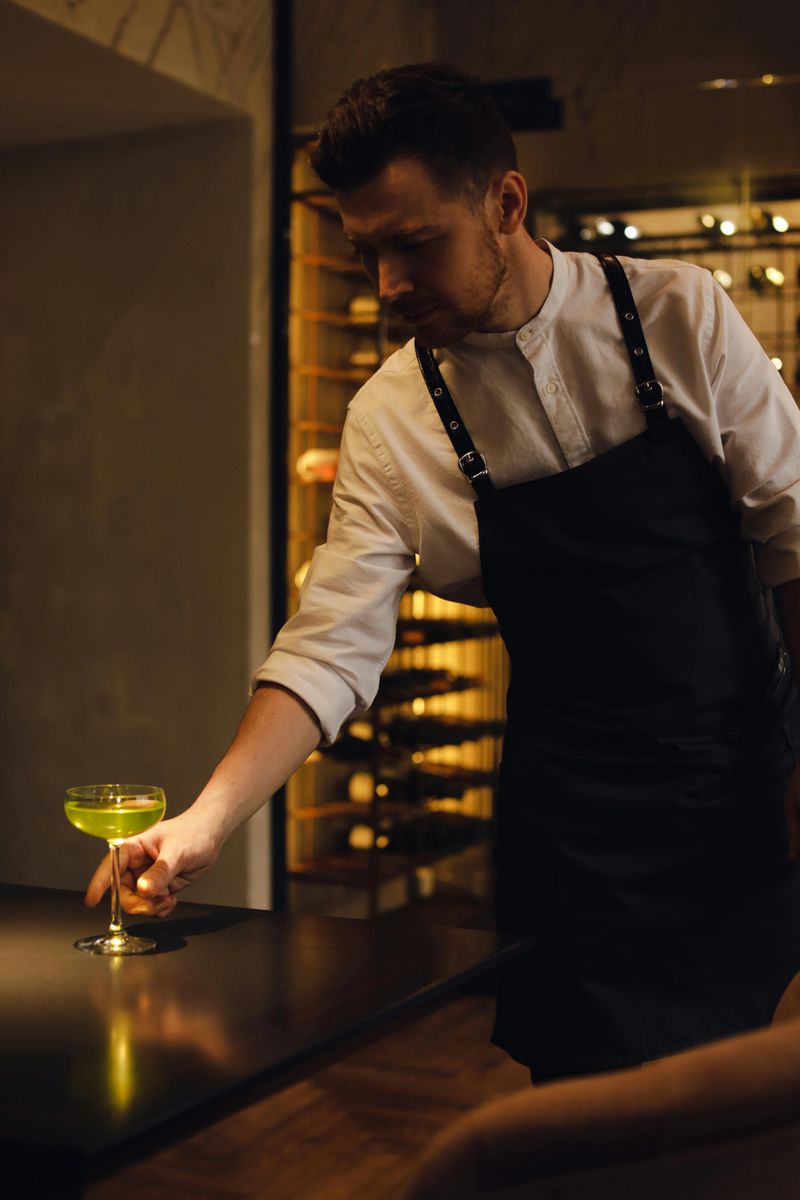
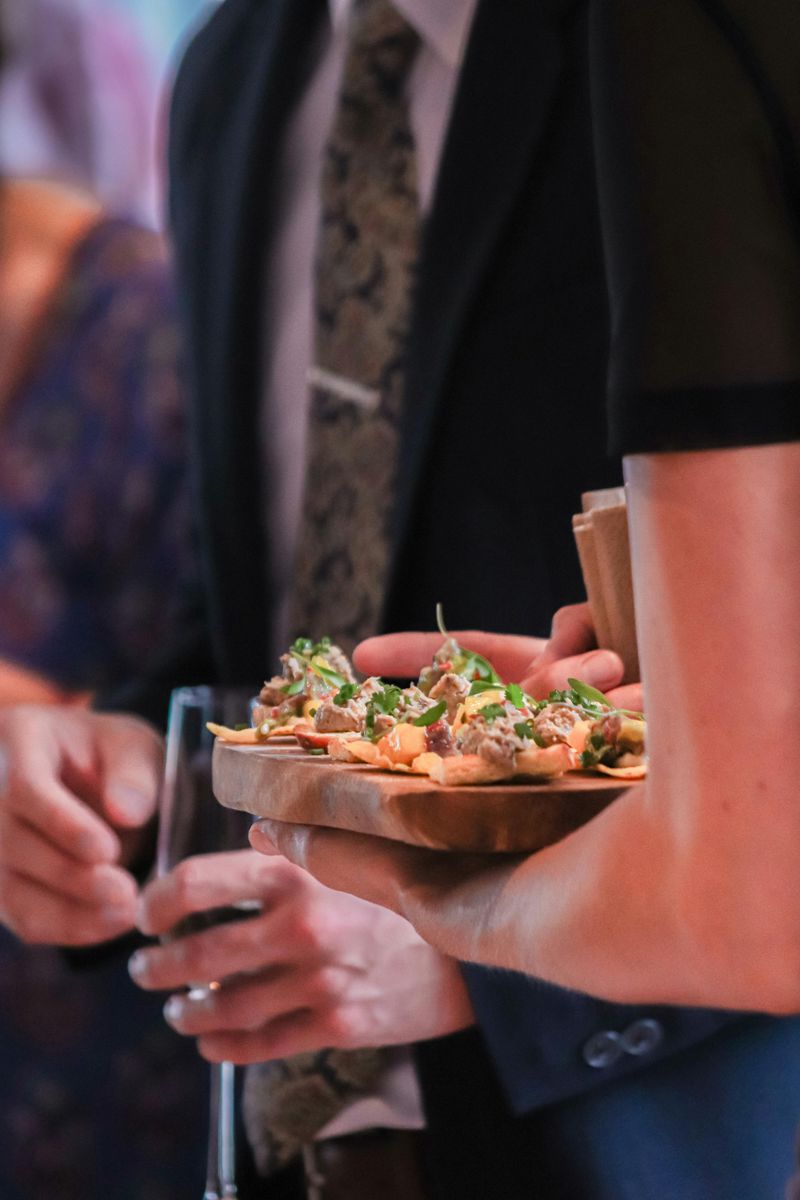

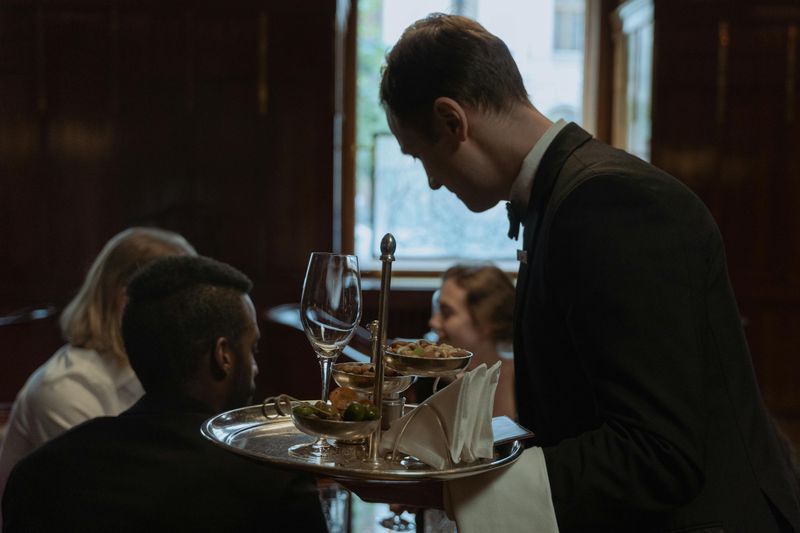


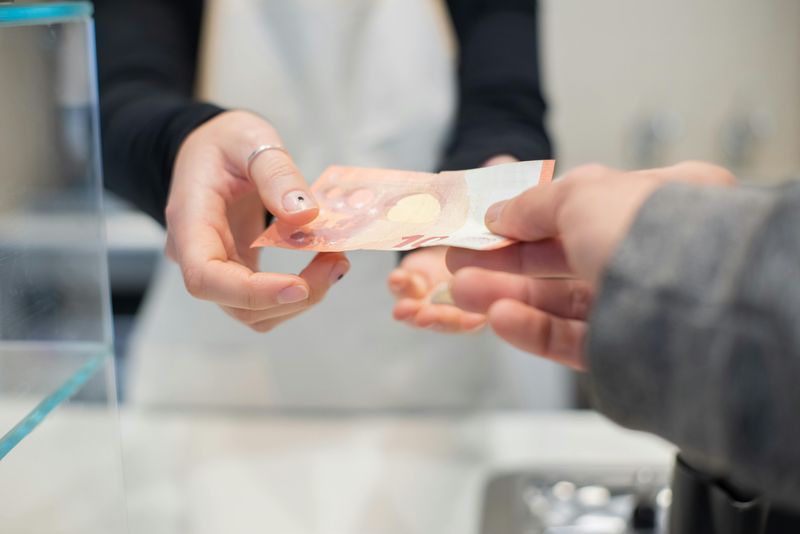
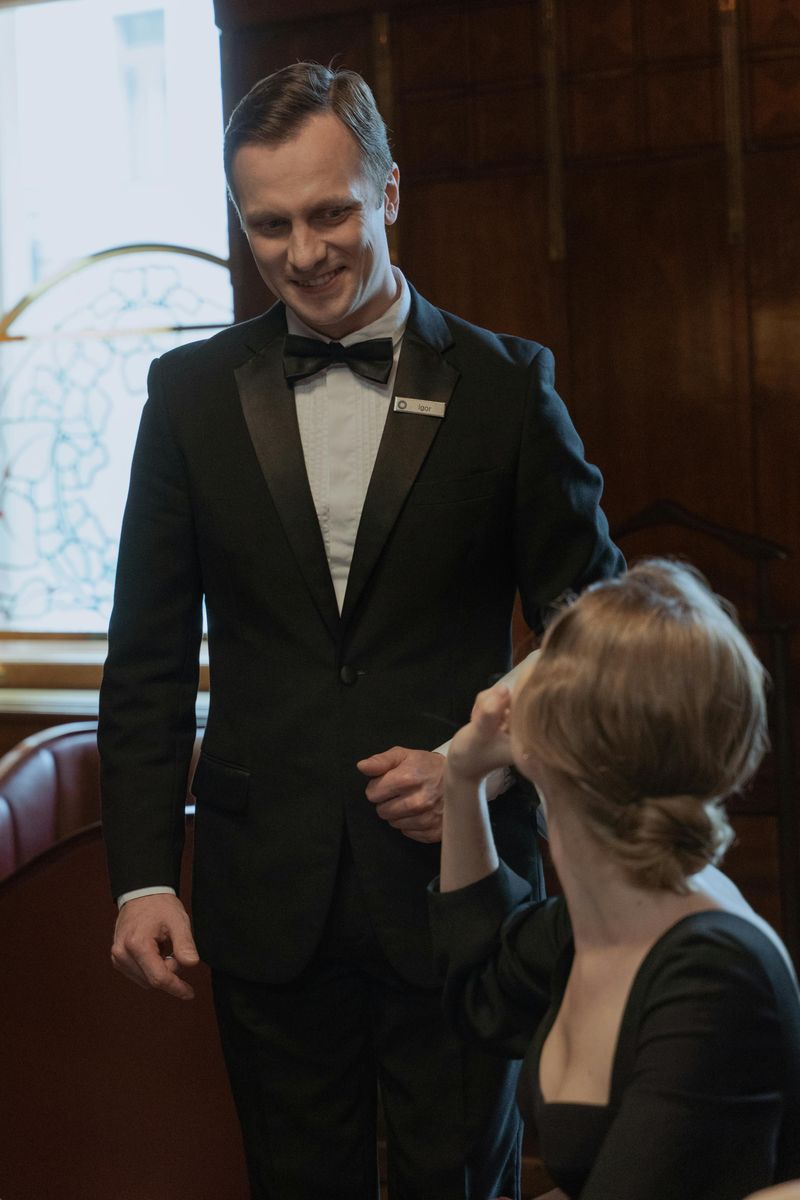



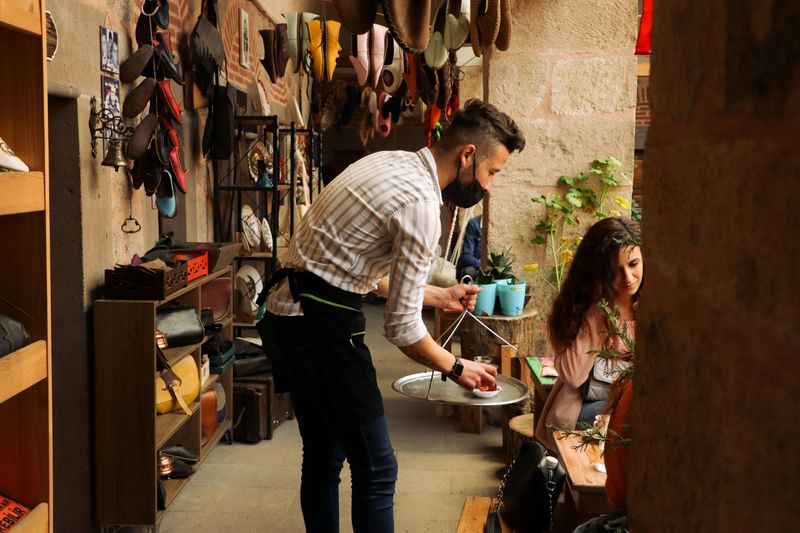



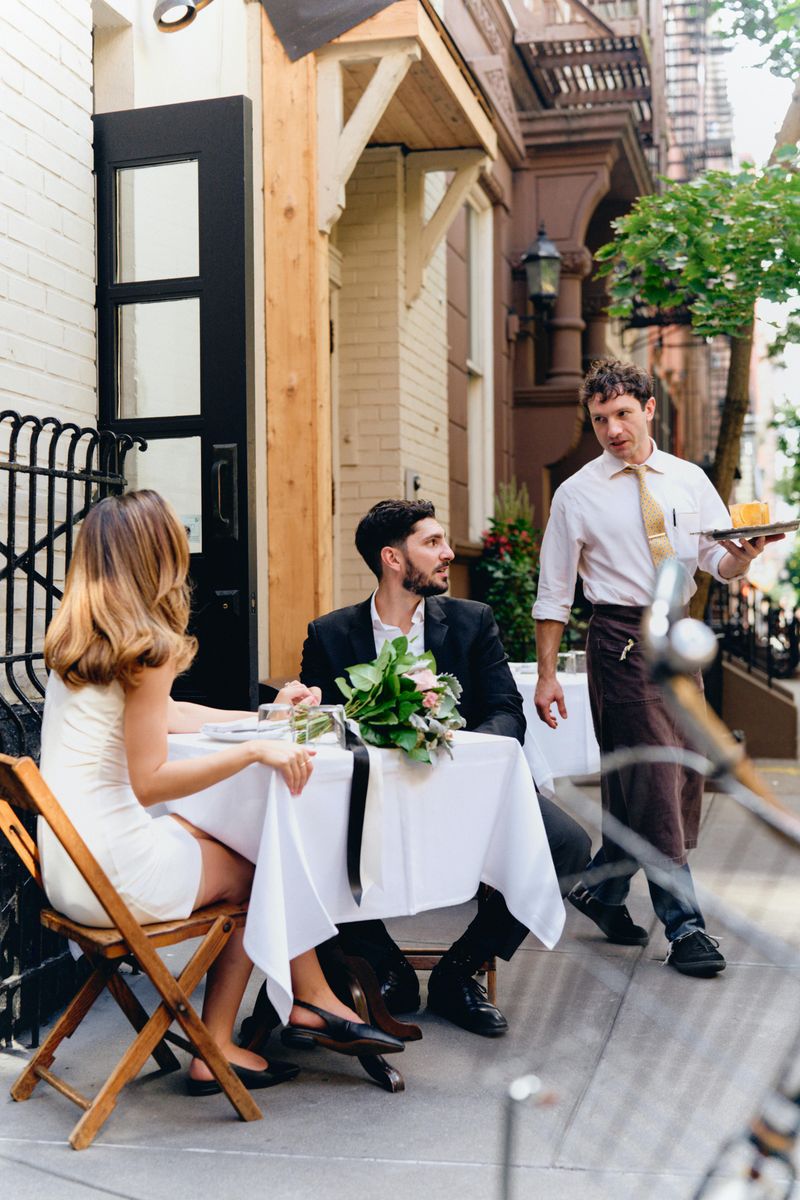

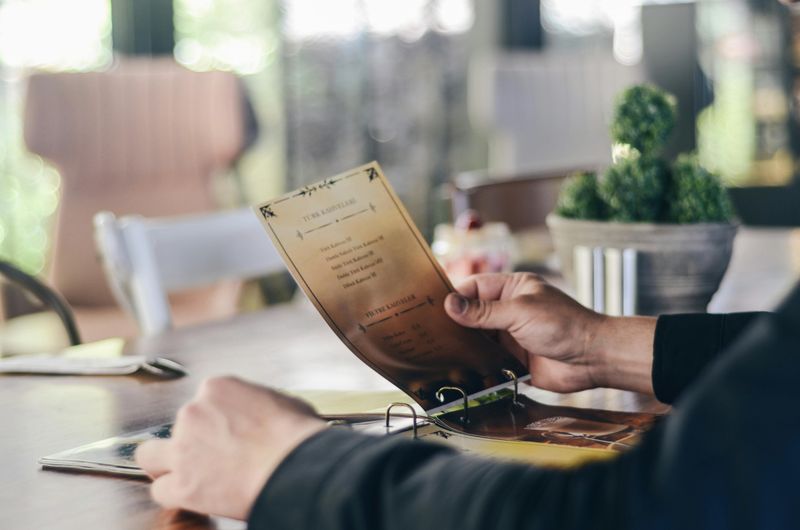

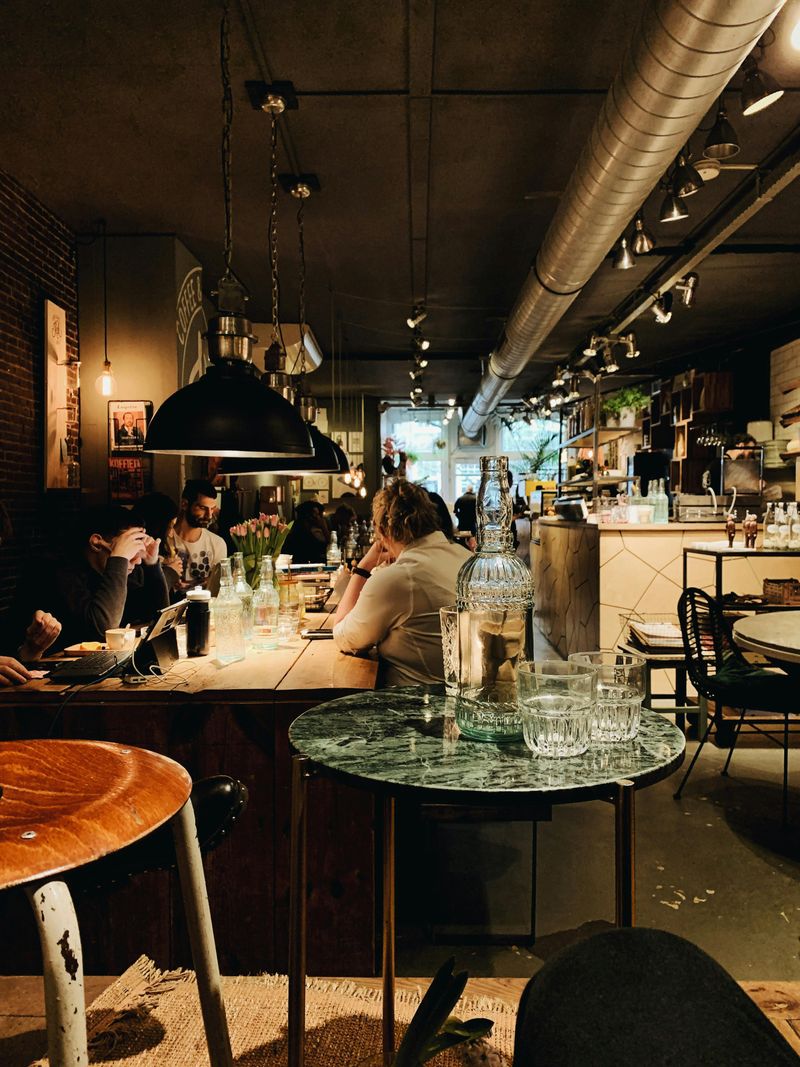
Leave a comment